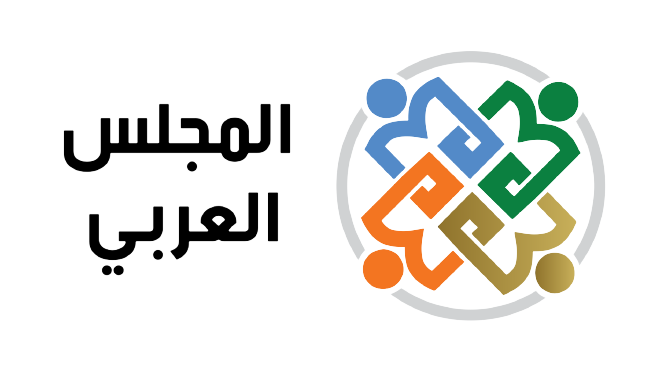The Arab Council has developed a strategic plan for its activity in the coming years, which it called the “Four Ms” plan “Multaqa”/the Forum, “Marsad”/the Observatory, “Madrasa”/the School, “Mahkama”/the Court. Accordingly, the Council’s activities will be divided into the following strategic axes:
1. The Forum:
Within this axis, the Arab Council will be a platform for networking, dialogue, and exchange of experiences, expertise, and brainstorming among Arab elites who believe in change. By organizing a comprehensive annual international conference and several fora and workshops in the areas of interest of the Council.
2. The Observatory:
The Observatory will develop tools for monitoring, following up, and foreseeing developments in the Arab region, which will enable the council to issue statements and positions on the main issues, prepare and publish analytical estimates of the situation and forward-looking positions, and develop annual reports on the reality and future of democracy in the Arab region based on an innovative index to measure the status of democracy in each country of the region.
3. The School:
The Council aspires to empower youth from different Arab countries and will work with partners to develop a virtual academy that will award certificates of competence and appreciation. This training program focuses on three sections:
The First; the political thought field, which is related to defining and revising political concepts and building a common language.
The Second; includes training in the areas of leadership and political and struggle management.
The Third; is concerned with training and acquiring skills in the areas of enterprise management, project management, crises management, governance mechanisms, and contemporary governance
4. The Court:
The Arab Council will serve as a framework for supporting just causes and addressing serious violations of the people’s rights, by developing reports and cooperating with local parties in preparing files on violations documented in various countries of the region, and by filing complaints and petitions with the competent authorities, while networking with local and international human rights organizations.

